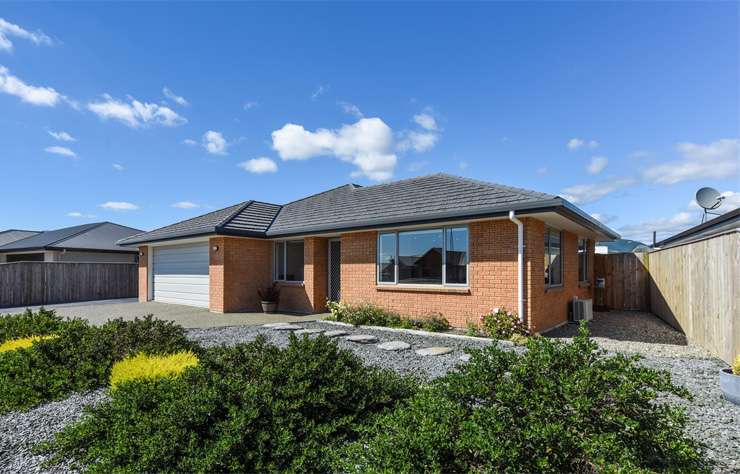Homeowners who plan to fund their retirement by selling up their current property and downsizing may be in for a shock.
Retirees would need to make a profit of at least $1 million from the sale of their home if they have no other savings. But that sum doesn’t include the money they would need to spend on buying or renting another home.
According to research by Massey University, a couple looking to enjoy a comfortable life in retirement would need a budget of $1470 a week in the major cities and $1176 a week in the regional centres.
Currently, a couple could expect to get $752.22 a week from NZ Super, which leaves them facing a shortfall of between $22,048 and $37,324 a year, depending on where they live.
Start your property search
Many Kiwi retirees have looked to plug the gap with money made from the sale of their home, but while the rapid rise in house values over the last two decades will have delivered sizeable gains to property owners, the cost of typical downsize properties – units and apartments – has risen too.
In September last year, the median value of a new-build apartment or terrace house in Auckland was just under $800,000 while the median value of existing homes in the city was $1.192m. Homeowners in the city might need to be sitting on an asset worth upwards of $1.8m to be able to buy a reasonable apartment and still have money left over for their retirement.
And while many Auckland homeowners will be in a position to afford a comfortable retirement through downsizing, that option may not be open to many retirees in smaller regional centres where cheaper apartment options are limited and selling the family home and downsizing can only release a few hundred thousand dollars.
Research by the Financial Services Council in 2017 found that 25% of Kiwis expected to sell their home and move into a smaller one to fund their retirement. However, the research also found that the average downsize in New Zealand gave the movers an average of just 3.3 years of income and that, worryingly, 17% of retirees still had a mortgage on their home.
How much spare capital Kiwis release after downsizing depends on where they want to live.
Heritage suburbs such as Devonport, Mt Victoria, and Māori Hill often have a shortage of suitable property to downsize to, which puts a premium on the price, reducing the amount of capital that can be extracted from the move.
Bayleys Omaha agent Victoria Turner says the downsizing phenomenon at retirement age is commonplace, even in her patch, which is home to some of New Zealand’s wealthiest homeowners.
“What we have seen in Omaha over the last few years are retired and semi-retired couples downsizing from a multi-level holiday home to a single-level home. In many cases, they are heading over the causeway to Point Wells where the larger section sizes allow for larger one-level homes that can still accommodate family/extended family.”
Turner doesn’t want to identify any specific home sales, but points out that the median house price in Omaha is $3.55m compared to $2.4m in Point Wells.

Homes like 53 Berryfield Drive, in Richmond, Tasman, would appeal to downsizers because you can park an RV in the driveway. Photo / Supplied
Moving within the same town can be problematic. It’s not unusual in the Hawke’s Bay, for downsizers to sell up the family home for between $700,000 and $1.1m and look for a lower maintenance new-build, says Stuart Christensen, general manager central region at Tremains Real Estate.
However, the price of some new-build homes in the region, even those that are on smaller sections, can be as high as $1m. “There is not necessarily a lot left over. You might come out with a few hundred thousand dollars, but you’re not going to come out with a million bucks,” Christensen says.
“Unless you’re moving to a flat, you’re still having to pay good money. That’s where the challenges are."
Christensen says his agents have a number of sellers at any one time who are looking to downsize, or move to a retirement village. “Some of them have actually haven't been able to sell in order to go ahead just because of where the market is at.”
It’s not unusual for empty-nesters from Auckland, Christchurch and even Tauranga to move to Nelson and Tasman to downsize, says Harcourts Nelson-Richmond sales manager Chris Davies.
Homes such as 53 Berryfield Drive, in Richmond, which his agents are currently marketing, appeal to downsizers, says Davies, because they allow owners to park a RV on the driveway. “Four years ago they would have been travelling overseas a couple of times a year. That doesn’t exist now.”












































































